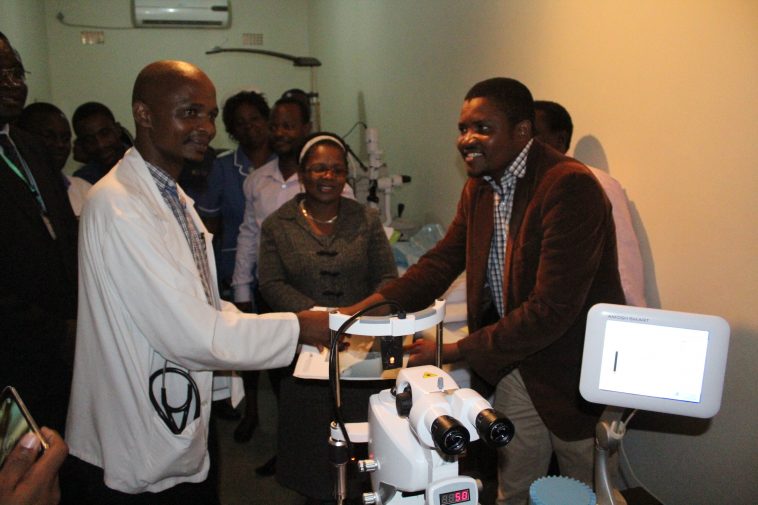Soyapi Mumba is a software engineer and a Malawian TED member. He joined Baobab Health Company in 2006. The company uses the local engineers in addressing health challenges in Malawi. They worked on helping hospitals with less staff in managing HIV treatment records. There are a growing number of HIV patients in Malawi. The records were initially kept in paper forms. Therefore, this made it difficult to manage them.
The team developed new software that keeps the health records electronically. It also has infrastructures that support it. Mumba had an opportunity to address TED talk in Arusha Tanzania in August 2017. He narrated the steps they took to reach where they are in the Malawi health sector. All the achievements made by his team were due to technology. For one to create solutions to problems, they should do anything required. There must be a good infrastructure laid for the developments to work through.
The team developed an algorithm to estimate birth dates to those who are not sure with theirs. It also gives guidelines that relive nurses and clerks in their workloads. It offers landmark system to tell physical location for the slum dwellers. The algorithm gives a bar-coded identification system that helps in the keeping of records. The team went ahead and developed touch screen point of sale terminals. The screens were designed for clinical workshops to move from retail stores.
The internet appliances can operate on the battery in case of power shortage. Mumba facilitated the building of towers and a WiFi network. This was to supply internet which was unreliable in the country. The network was to link clinics within Lilongwe. This has reduced the time spend in tallying the health reports. This has attracted interest from various health care experts across the world. The experts go to Malawi to learn on how that they attained the milestone.
The team also decided to build the whole system all the way from laying the infrastructure. This was meant to make sure that the system worked everywhere. It will be helpful to low resource areas like public hospitals in sub-Saharan Africa.



